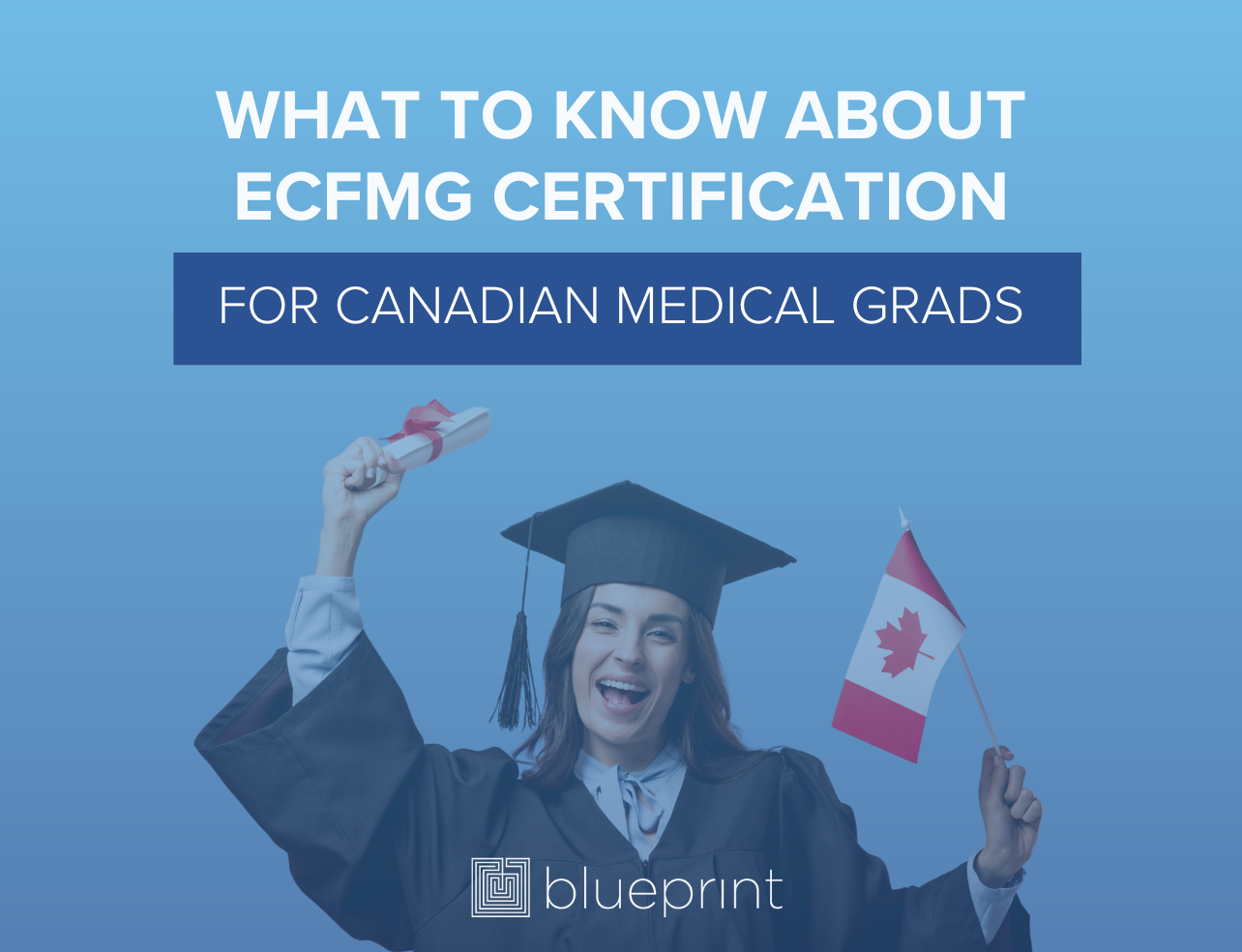8 Tips for Med School Primary Application Success:
1. Submit your application early.
While the effort to turn in your application early should never compromise its quality, if possible, it’s usually advantageous to have your med school application in sooner rather than later.
Most medical schools engage in rolling admissions (wherein they accept students throughout the Fall/Winter/Spring), and fixed class sizes can serve to antagonize a later application (simply because there could be fewer/no class spots left at that point). Again, the quality of your primary application should always be preserved, however there is no reason to delay your application submission if you feel that it is complete.
There are a few things you can do well in advance to decrease your stress while putting together the primary application and help your application go in on time. First, review any materials that your pre-health advisor has sent out about the application process. Second, see if you qualify for the AAMC’s Fee Assistance Program that can waive AMCAS application fees for up to 16 medical schools. Third, review the structure of the primary application on AAMC’s website.
There are some parts of the primary application that ask detailed questions about you and your family’s backgrounds. These include exact dates of your school attendance (which may be harder to remember if you’re a few years out from undergraduate) and your family background (parents’ highest levels of education, etc.). Take a look at these portions of the application early in case you need to do some digging for more information.
2. Make sure your MCAT scores will be available on time.
Tied very closely to when your application will be considered by admissions committees is when your MCAT scores will be available. While related, when you submit your application does not always guarantee its consideration if your MCAT scores have not yet been reported to AMCAS.
Generally speaking, while most schools can receive your primary application without your MCAT scores, they will not look at it until your scores have been reported. As a result, make sure you keep in mind how your test date/score release will impact when your application is considered.
Students should also remember that there will likely be no advantage to submitting your AMCAS primary application significantly before your MCAT scores will become available to the schools you are applying to. If you choose to take the MCAT over the summer (of your current application cycle) do not rush to submit your primary before you’ve even taken the test, simply because this will not offer you any advantage.
MCAT scores from 2003 or later are automatically released to AMCAS, assuming you did not void your scores at the time of the exam. Keep in mind that most medical schools will require MCAT scores to be no more than three years old. If you’re applying to any special joint programs (JD, PhD, MBA) that require additional test scores, you can add these test scores on the primary application, too.
See our blog post on how to decide when to take the MCAT.
3. Make your personal statement … personal.
This essay, now known as the Personal Comments Essay, is one of the most critical aspects of your application. It is the one aspect that most clearly cuts through all the other “lifeless” aspects of your primary application (scores, grades, coursework, etc.). This is an opportunity to show the admissions committee what type of a person you are and what you have to offer their program—not only as a student, but also, as a human being. Your GPA and MCAT score will make you eligible for consideration, but it is items like the personal statement that will get you the interview.
While addressing the question of “why you want to be a doctor” directly is an attractive topic, more subtle approaches that demonstrate why you belong in medical school can also be advantageous to your application. Before you start writing away, think very critically about how you define yourself and what you would want others to know about you. This is a small window into who you are behind the application; make sure you seize it.
Try utilizing a five point format for your personal statement. This will help you outline the facts you optimally want to convey in your essay.
There is no single topic you “should” discuss, but rather you need to make sure that everything you do write about is specific to you and completely genuine. Grew up on a family farm? Have an interesting story about your journey to the States? Had a near-death experience? Write about it! Show the admissions committee that you are not just another student who has a GPA and MCAT score, but rather you are a “real person” who has much to contribute to the field of medicine.
4. Know your audience.
Remember your audience knows more about medicine and about being a physician than you do (for the vast majority of applicants, anyway). Avoid medical abbreviations or super technical language.
5. Vary your sentence styles.
“I” statements get tedious. Try to limit them if possible.
6. Be concise.
It’s okay to mention the experiences you include in the Work and Activities section but don’t just summarize each one.
Keep in mind that the essay has a limit of 5,300 characters, INCLUDING spaces. This is about one page. AAMC recommends typing directly into the application, but it’s probably safer to work from a Word document and paste it into the application, checking for any formatting issues very, very carefully. There is NO spellcheck feature in the application, so proofread as many times as you can. It also helps to get a fresh set of eyes (roommate, family member) to proofread the essay.
7. Treat your Work and Activities section like a financial portfolio.
Section Five of the AMCAS application provides space to highlight up to 15 separate Work and Activity experiences. You want to diversify and give the admissions committee an inclusive look into all the different things you have done before applying to medical school. These activities DO NOT have to be only ones that directly apply to medicine. (For example, in the past I did marine biology research and this was a topic that came up in most of my interviews that was fun to talk about, and in no way directly related to medicine).
Just like your personal statement, but in a different way, use this as an opportunity to share interesting things about yourself. Medical schools want to admit physicians who are balanced and have an appreciation for what quality of life means. Use this activities list as a means to show admissions that you not only work hard, but also know how to explore and interact with the world around you as well.
8. Represent yourself honestly.
In the end, you must make sure that your compiled application is very much in line with who you are. You may wish to embellish, or say what you “expect” admissions members want to hear. However, if your application is anything less than genuine, this will be very obvious to experienced application reviewers. Honesty and clear communication are also important skills in the field of medicine, and your primary application needs to embody both of these fully.
Remember that when it comes time for your interviews, material from the primary app will definitely come up in conversation! Resist the urge to exaggerate your skills or dedication to what might actually be just a passing interest. For example, if you only made one cutting board in a beginner’s woodworking group class, don’t say that you are a master woodworker. I guarantee you will be interviewed by one at some point in your interview journey!
Need admissions help? We’re here for you!





